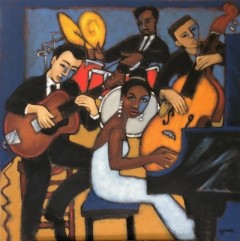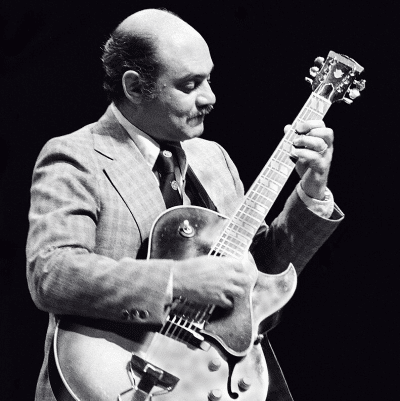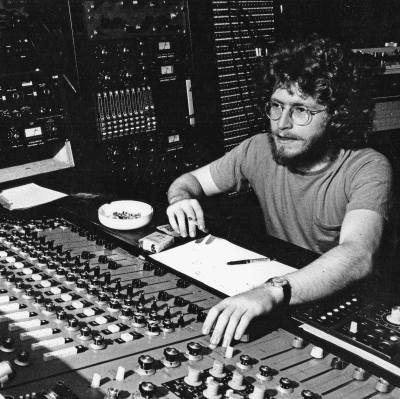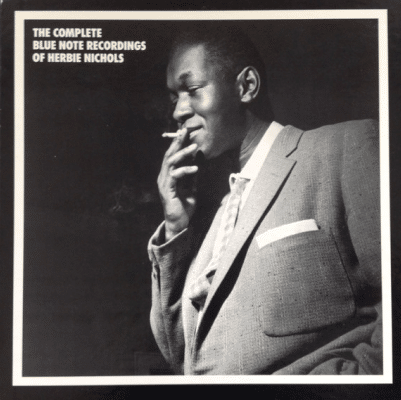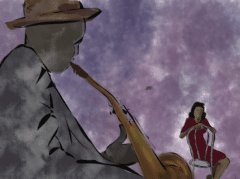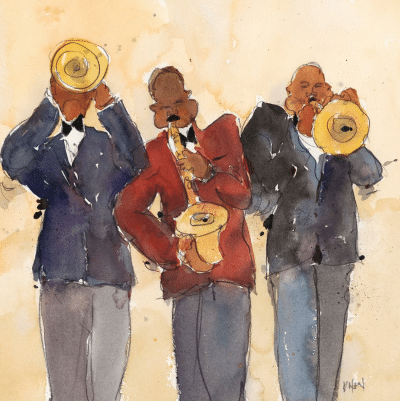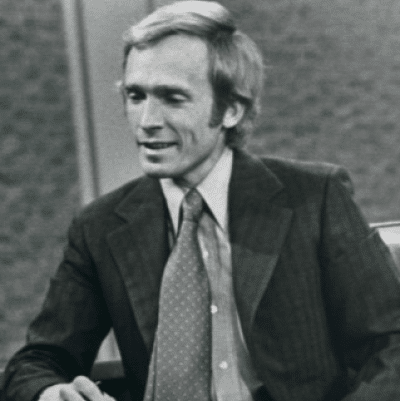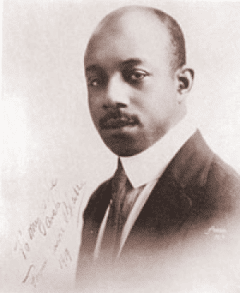The correct answer is Mel Torme!
“The Christmas Song” (commonly subtitled “Chestnuts Roasting on an Open Fire” or, as it was originally subtitled, “Merry Christmas to You”) is a classic Christmas song written in 1945 by Bob Wells and Mel Tormé.
According to Tormé, the song was written during a blistering hot summer. In an effort to “stay cool by thinking cool”, the most-performed (according to BMI) Christmas song was born. “I saw a spiral pad on his (Wells’) piano with four lines written in pencil”, Tormé recalled. “They started, ‘Chestnuts roasting…, Jack Frost nipping…, Yuletide carols…, Folks dressed up like Eskimos.’ Bob didn’t think he was writing a song lyric. He said he thought if he could immerse himself in winter he could cool off. Forty minutes later that song was written. I wrote all the music and some of the lyrics.”
The Nat King Cole Trio first recorded the song early in 1946. At Cole’s behest – and over the objections of his label, Capitol Records – a second recording was made later the same year utilizing a small string section, this version becoming a massive hit on both the pop and R&B charts. Cole again recorded the song in 1953, using the same arrangement with a full orchestra arranged and conducted by Nelson Riddle, and once more in 1961, in a stereophonic version with orchestra conducted by Ralph Carmichael. Cole’s 1961 version is generally regarded as definitive, and in 2004 was the most-loved seasonal song with women aged 30–49, while the original 1946 recording was inducted into the Grammy Hall of Fame in 1974.
Click here to read Torme’s extensive biography at Allmusic.com
Play Another Jazz History Quiz!




